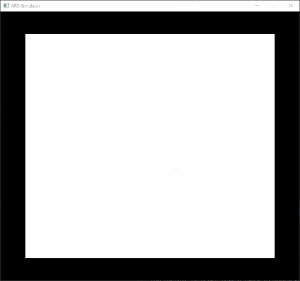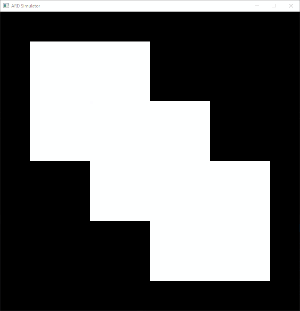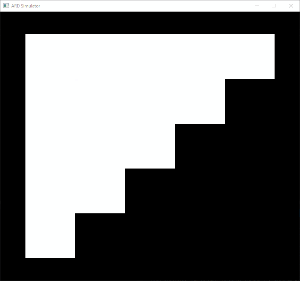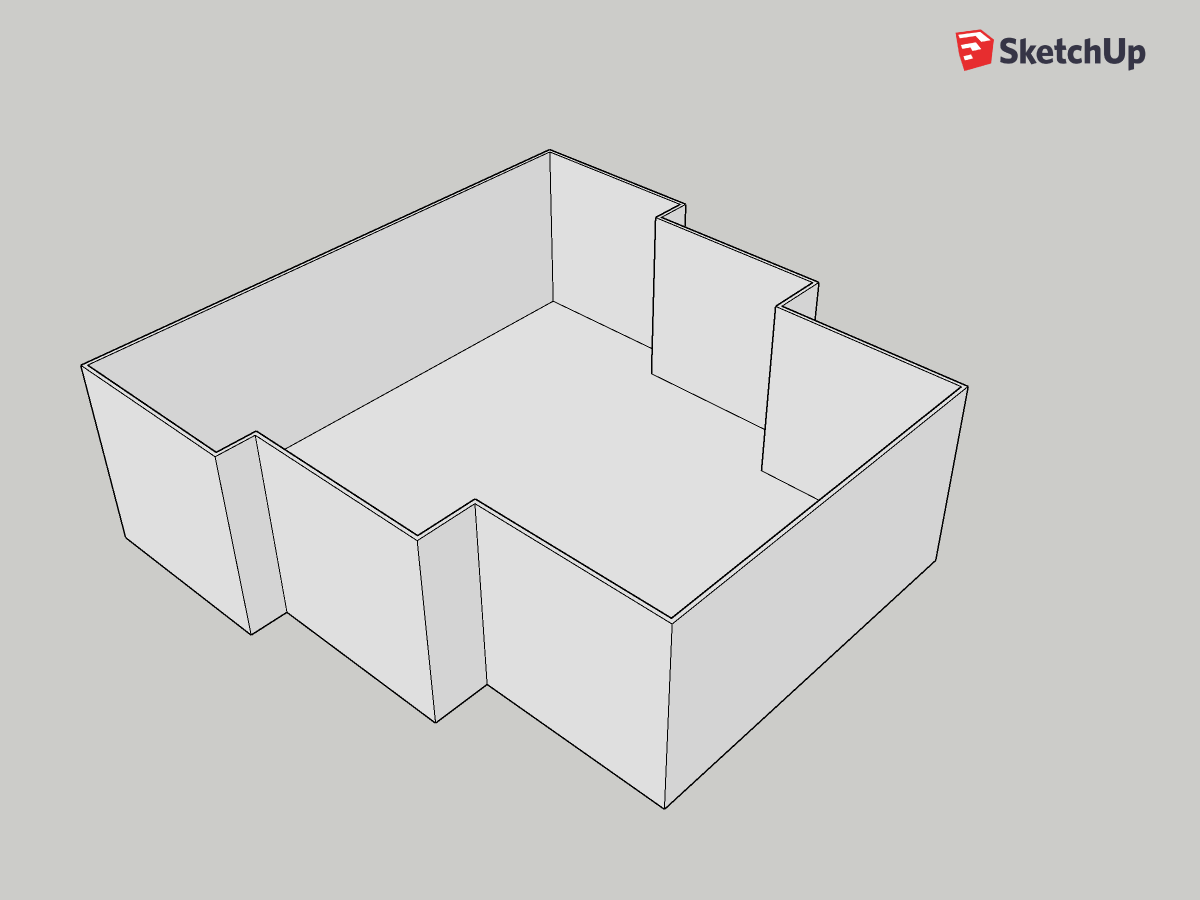Adaptive rectangular decomposition simulator
A 3D sound propagation simulator.
Theory:
Raghuvanshi, Nikunj, Rahul Narain, and Ming C. Lin. "Efficient and accurate sound propagation using adaptive rectangular decomposition." IEEE Transactions on Visualization and Computer Graphics 15.5 (2009): 789-801.
Grote, Marcus J., and Imbo Sim. "Efficient PML for the wave equation." arXiv preprint arXiv:1001.0319 (2010).
Extended from 2D simulator.
assets/*.txt records the structure of room on x-y plane. Note that this simulator only support 2.5D room model now, that is, z should always be 0 and depth of all partition should be equal.
Input example:
partition:
0 0 0 3 3 3 <- partition 0: x, y, z, width, height, depth
3 0 0 3 3 3 <- partition 1: x, y, z, width, height, depth
source:
1 1 1 <- source 0: x, y, z
recorder:
1 1 1 <- recorder 0: x, y, z
All the values above are in real world scale (meter).
Don't forget to add an extra blank line at the end of file.
Building and running
Use Visual Studio to build. The solution itself is self-contained, so simply building and running in Visual Studio should work. Win32 mode may cause performance issue, please run under x64 mode.
Examples
Scene 1:
partition:
0 0 0 5 5 5

Scene 2:
partition:
0 0 0 2 2 2
1 2 0 1 1 2
2 1 0 1 3 2
3 2 0 1 2 2

Scene 2:
partition:
0 0 0 3 3 2
0 3 0 2 1 2
3 0 0 1 2 2
4 0 0 1 1 2
0 4 0 1 1 2

Simulation result of a hall
Shape:

Original sound:
Processed sound: